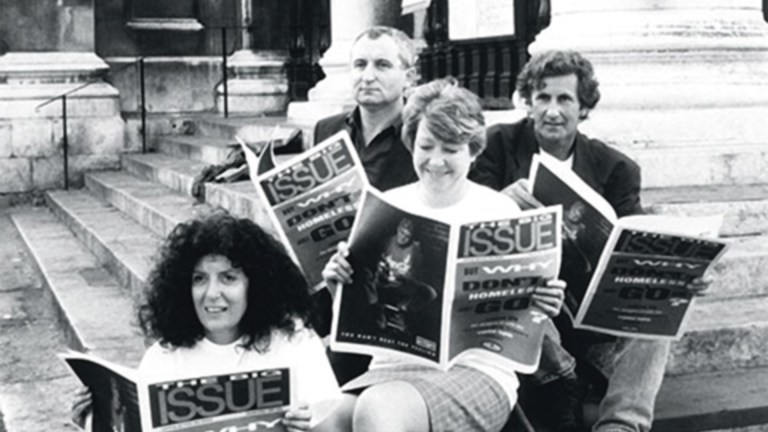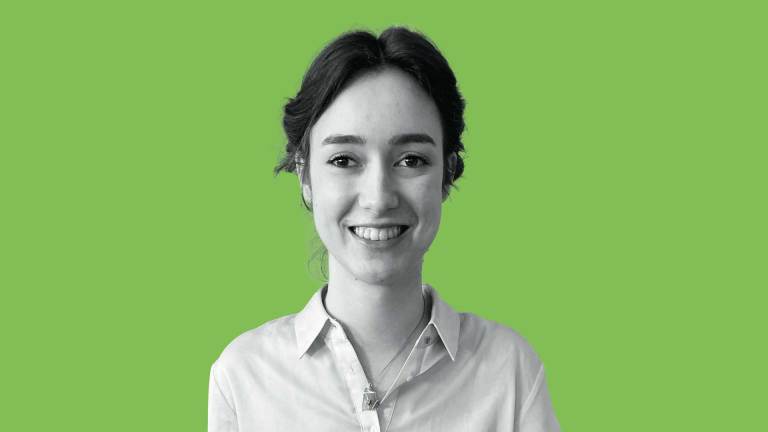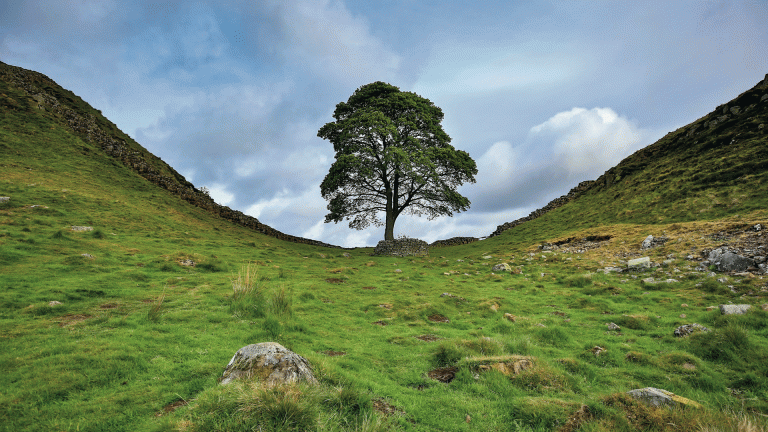Timely data and analysis are key to effective decisions. But it’s not enough to just track general trends across our whole population. Society is made up of different groups who have different experiences: experiences that we need to recognise and understand if we want a society where everyone can thrive.
Through the painstaking analysis of data from the Census, death registrations, primary care and hospital records, and the National Immunisation Management System, we have recently found that the Bangladeshi ethnic group and men from the Pakistani ethnic group remained at higher risk than white British people in the third Covid wave, even after adjusting for vaccination status.
It’s just one example of the vital importance of being able to break down data by groups and characteristics. This is something we’ve been doing for many years, providing the evidence needed for better policies and interventions. It’s because of analysis that considers the experiences of different groups in our society that we can track the pay gap between sexes and ethnicities, show the disparity in life expectancy among different socio-economic groups and much more.
But while statistics like these play an important role in uncovering inequalities and highlighting differing experiences, there remain notable gaps and groups who remain under-represented in our data: a significant challenge in these rapidly changing times.
To better understand these gaps and gather evidence to create our new Inclusive Data Taskforce Implementation Plan, I commissioned an external taskforce in 2020 to consult with groups across our society and look at the inclusivity of UK data. This work has allowed us to identify those for which even basic demographic information is lacking, such as gender-diverse people, homeless people, Travellers, and children.
The reasons for the gaps in data are often complex and differ greatly, but we are committed to filling them and have developed a new plan across the UK statistical system to make sure everyone is counted, and no one is left behind.










